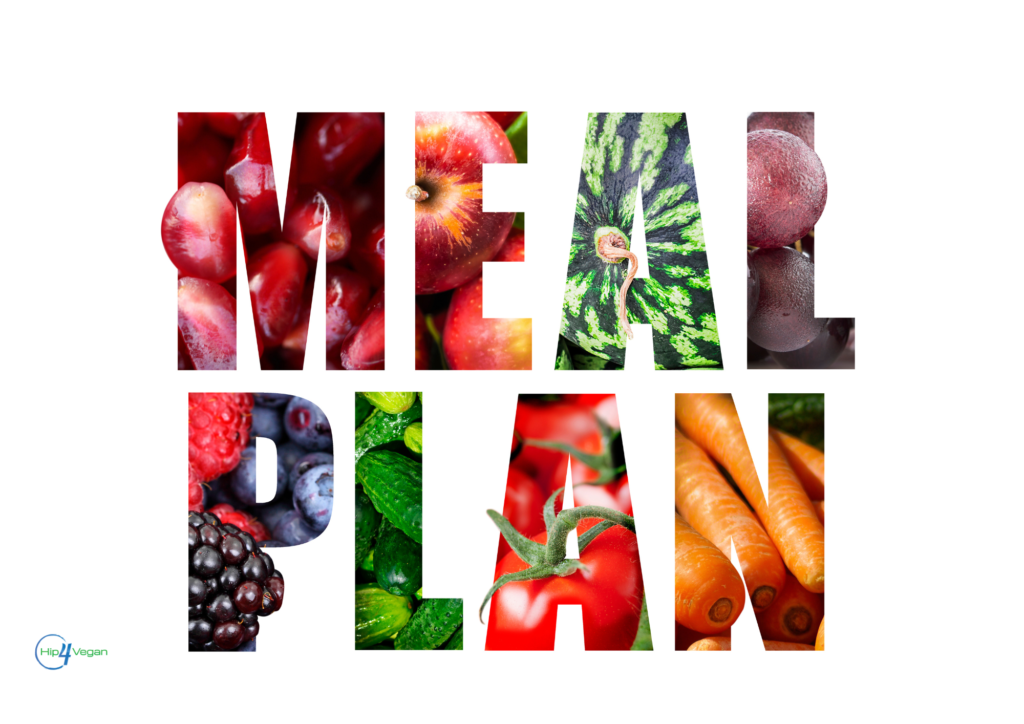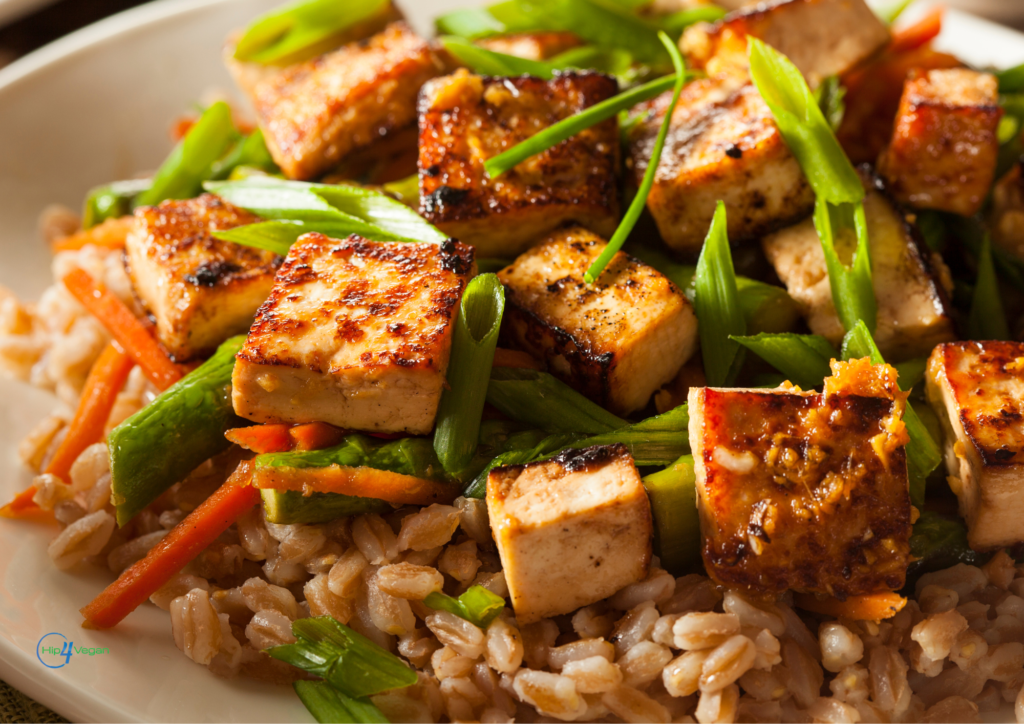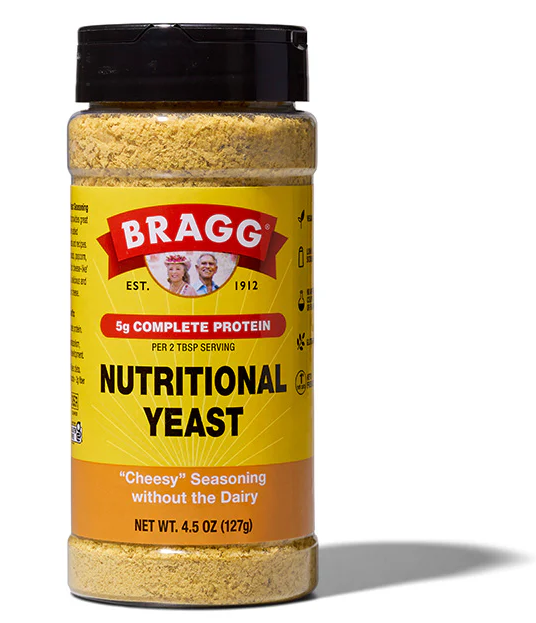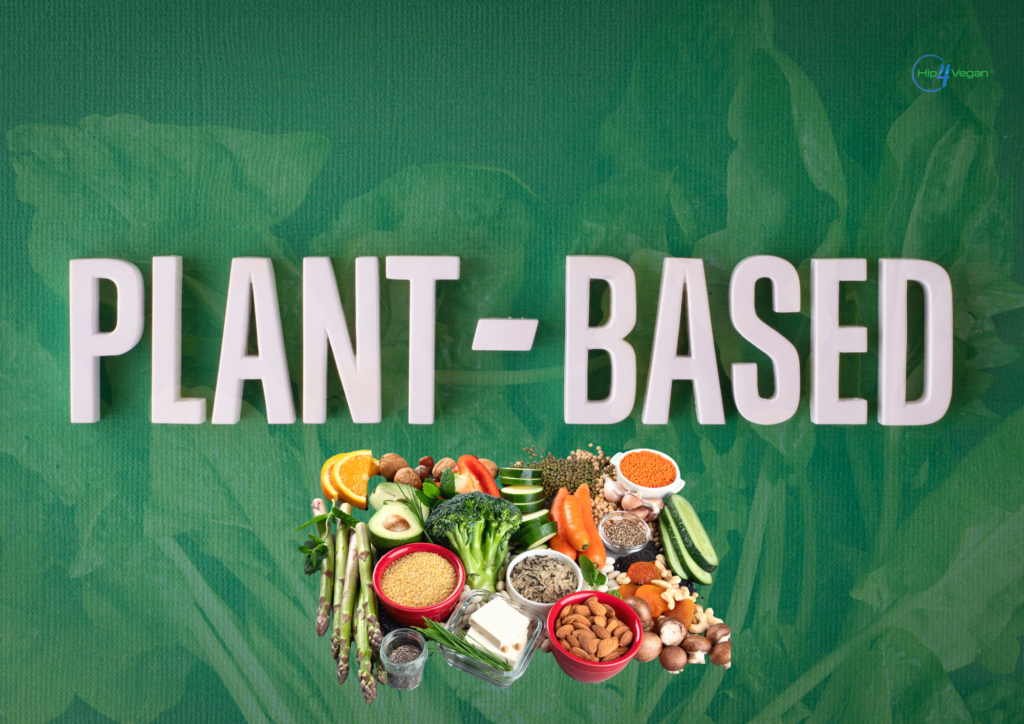Are you thinking about switching to a vegan or plant-based diet but are feeling overwhelmed and don’t know where to start and how it is going to affect your pocketbook? A vegan or plant-based diet is not only beneficial for your health and the environment but can also be financially savvy if approached thoughtfully. Gradually transitioning to this lifestyle can help you manage costs and find affordable alternatives without overwhelming your budget. Here’s a step-by-step guide to help you make the shift smoothly and economically.
1. Educate Yourself & Plan Ahead
Before diving into the vegan lifestyle, take some time to educate yourself about plant-based nutrition. Understanding the basics of a balanced vegan diet will help you make informed choices and avoid common pitfalls. Research recipes, meal plans, and grocery lists to familiarize yourself with plant-based options.

2. Gradual Transition
A sudden shift can be daunting and expensive. Gradually phasing out animal products allows your taste buds and budget to adjust. Start by incorporating one or two plant-based meals per week, then gradually increase the frequency. This approach reduces the risk of wasting money on unfamiliar products you might not like.
3. Budget-Friendly Plant-Based Staples
Focus on affordable, nutrient-dense plant-based staples. These include:
- Legumes – Beans, lentils, chickpeas, and peas are rich in protein and fiber. Buy them in bulk to save money.
- Whole Grains – Brown rice, quinoa, oats, and barley are versatile and inexpensive.
- Vegetables – Prioritize seasonal and local produce to cut costs.
- Fruits – Purchase fresh fruits in season and frozen varieties for off-season options.
- Nuts and Seeds – Opt for bulk purchases to get better deals.
- Plant-Based Proteins – Tofu, tempeh, and seitan are cost-effective meat substitutes.

4. Smart Shopping Strategies
- Buy in Bulk – Bulk bins offer significant savings on grains, legumes, nuts, and seeds.
- Shop Sales and Use Coupons – Look for discounts and use coupons to lower your grocery bill. Use your supermarkets apps to save even more!
- Compare Prices – Check prices at different stores and online to find the best deals.
- Cook at Home – Home-cooked meals are usually cheaper and healthier than dining out.
- Meal Prep – Plan and prepare your meals in advance to avoid last-minute takeout temptations.
5. Plant-Based Substitutes for Common Products
Transitioning doesn’t mean giving up your favorite dishes. Here are some affordable plant-based substitutes:
- Milk – Almond, soy, oat, and rice milk are excellent dairy milk alternatives.
- Butter – Use margarine, coconut oil, or nut butters like almond or cashew.
- Cheese – Nutritional yeast, cashew cheese, and store-bought vegan cheese are great options.
- Eggs – Use flaxseeds, chia seeds, aqua faba (chickpea water) or commercial egg replacers in baking and cooking.
- Meat – Lentils, beans, mushrooms, tofu, tempeh, and seitan can replace meat in most recipes.
- Yogurt – Opt for soy, coconut, or almond-based yogurts.

6. Grow Your Own Food
If you have the space, consider growing your own vegetables and herbs. Nothing tastes better than fresh fruit and vegetables from your garden! This can significantly reduce your grocery bills and provide you with fresh, organic produce. Start with easy-to-grow plants like tomatoes, peppers, basil, and lettuce.
7. Join a Community
Engage with local vegan communities, online forums, and social media groups. They can offer support, share budget-friendly recipes, and provide valuable tips on affordable vegan living.
8. Avoid Processed Foods
While convenient, processed vegan foods can be expensive. Focus on whole foods and homemade meals to keep costs down. Making your own veggie burgers, snacks, and sauces can be cheaper and healthier.

Transitioning to a vegan or plant-based diet doesn’t have to break the bank. By planning ahead, shopping smart, and focusing on affordable staples, you can make the shift both manageable and financially sensible. Embrace the journey, experiment with new recipes, and enjoy the benefits of a plant-based lifestyle.

